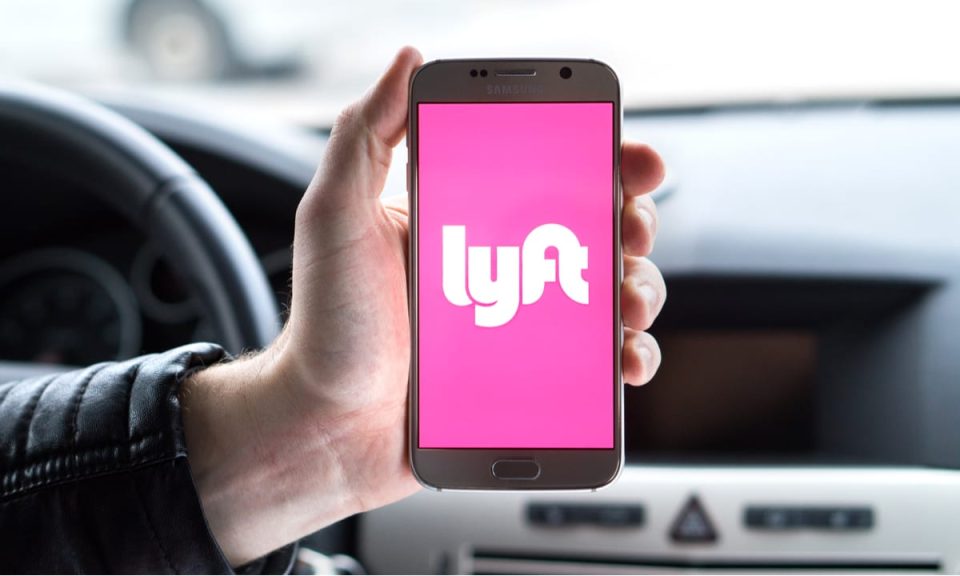Lyft (NASDAQ: LYFT) shares jumped more than 20% today after Engine Capital LP, an activist investor, announced it is withdrawing its slate of board nominees for the company’s 2025 annual meeting. The move comes after Lyft’s board committed to significant share repurchases in the coming quarters, a step Engine Capital had been pressing for.
Arnaud Ajdler, Engine Capital’s founder and portfolio manager, said the board’s willingness to engage and commit to these buybacks marks an “important first step” in enhancing shareholder value. Engine Capital, which invests in companies undergoing change, indicated it will continue to monitor Lyft’s progress and keep the dialogue open with the board regarding further shareholder-friendly actions.
This development follows a period of heightened investor pressure on Lyft’s leadership. Earlier this week, Engine Capital urged the company to execute a $750 million accelerated buyback and to consider exploring strategic alternatives, including a potential sale. The board’s response appears to have satisfied Engine, at least for now, and has been met with enthusiasm by the market.
Lyft recently increased its stock buyback program to $750 million, with plans to deploy $500 million of that authorization over the next year. The buyback is expected to reduce the number of shares outstanding, potentially making earnings per share more attractive to investors. Andrew Rocco, a strategist at Zacks Investment Research, noted that such repurchases can help support the stock price by tightening share supply.
The announcement comes on the heels of Lyft’s first-quarter results, which showed adjusted earnings per share of 24 cents, beating analyst expectations of 19 cents. Revenue for the quarter rose 13.5% to $1.45 billion, just shy of the $1.47 billion consensus estimate. The company’s performance suggests steady demand for its ride-hailing services, even as growth in the sector moderates.
Lyft’s stock has been on a tear in recent weeks, climbing around 15% over the past month and closing at $13.00 on Thursday, up 3.3% for the day. Trading volume has also surged, with recent sessions surpassing the company’s average daily volume.
As competition with rival Uber intensifies, Lyft is shifting its focus beyond major U.S. cities and targeting smaller, car-dependent markets with limited public transportation. The company highlighted a 37% increase in rides in Indianapolis during the first quarter, signaling early success in these underserved regions.
Lyft is also testing taxi-hailing services in St. Louis and recently announced plans to acquire European mobility company Freenow for approximately $200 million, a move that will mark its entry into the European market. These initiatives reflect Lyft’s strategy to diversify its offerings and expand its geographic footprint.
Looking ahead, Lyft expects gross bookings between $4.4 billion and $4.57 billion for the current quarter, with adjusted EBITDA projected in the range of $115 million to $130 million. These forecasts are broadly in line with analyst expectations and suggest the company is maintaining financial discipline as it pursues growth.
Founded in 2012, Lyft operates a ride-hailing platform that connects passengers with drivers via its mobile app. The company’s core business is providing on-demand transportation in the United States, but it has been expanding into new markets and services, including bike and scooter rentals, and now, international mobility through acquisitions.
The market’s response to the buyback commitment and Engine Capital’s withdrawal has been swift and positive. With the activist challenge off the table for now, and a clear signal from management that it is prioritizing shareholder returns, Lyft appears positioned to navigate the next phase of its evolution with renewed investor support.

